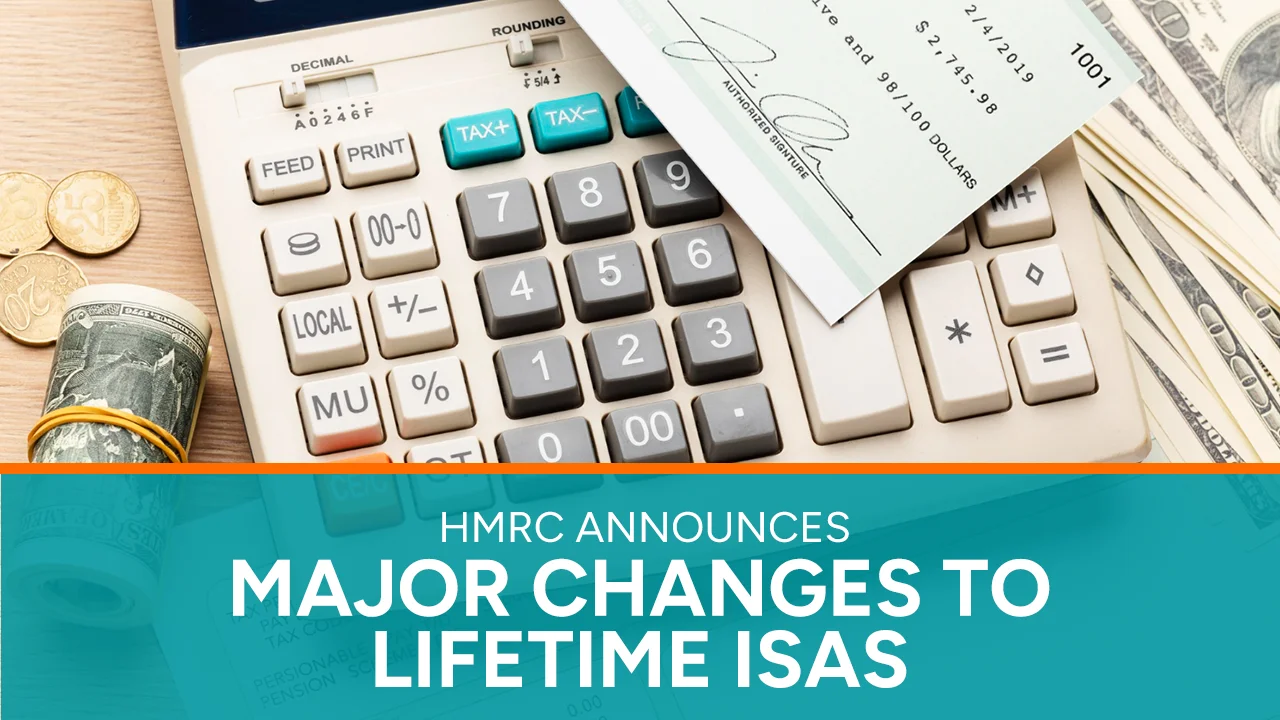Working into your seventies might seem scary, but new forecasts suggest this could happen in the UK. The Institute for Fiscal Studies (IFS) warns that the state pension age could rise to 74 if reforms don’t happen soon. This shocking prediction has led to many discussions and worries about retirement security. It’s important for everyone to understand what is causing these changes and how they might affect their future plans.
Why Is the State Pension Age Rising So Fast?
Life expectancy has increased significantly in the last few decades. In 1975, men who turned 50 could expect to live about 24 more years. Today, that number is nearly 32 years. While this increase is positive, it puts a lot of financial strain on the government to continue pension payments for longer.
The IFS pension report warns that by 2048, UK state pension costs will rise sharply if no changes are made. People are spending more time receiving pensions. If the government does not raise the pension age or cut benefits, it will have to reduce state pension spending or make reforms. This issue is complicated because longer life means more years of pension payments and higher healthcare costs. Additionally, there are fewer working-age people paying taxes to support retirees, which increases the pressure on public finances and makes it harder to keep the current system without major policy changes.
The Triple Lock: Generous but Unsustainable?
The debate about raising the pension age in the UK focuses on the state pension triple lock. This policy ensures that the state pension increases each year by the highest of three factors: inflation, average earnings growth, or 2.5%.
While this protects pensioners from losing value, it also costs a lot of money. The Institute for Fiscal Studies (IFS) estimates that keeping the triple lock could push spending over 6% of national income. It’s no surprise that the triple lock is being examined in discussions about pension reform. While supporters argue it provides dignity and stability for older people, critics say it creates a costly promise that grows faster than the economy or tax revenues. They warn that rising costs could take funds away from essential services and unfairly burden younger taxpayers.
What Does the IFS Recommend Instead?
The IFS pension report not only identifies the problem but also suggests solutions. One idea is to replace the triple lock with a four-point guarantee. This would ensure that pensions increase at least with inflation and link them to a fixed percentage of full-time earnings.
This change aims to be fair to pensioners while being sustainable for taxpayers. It would also lower the chances of sudden increases in the pension age, like the forecasted age of 74 by 2068. By using this model, policymakers want to create a more predictable system that protects pensioners from poverty and keeps public finances stable. The four-point guarantee would help people plan better because it clearly outlines how pensions will grow and how eligibility rules will change over time.
The Impact on Younger Generations
For people in their 30s and 40s today, the chance of raising the pension age feels certain. The state pension age will rise to 67 by 2026, impacting millions who are still years away from retiring. If the government does not control spending, workers might have to work until age 69 by 2048 and possibly even 74 later on.
This makes it essential to plan early and take steps to secure your financial future. With changes to the UK retirement age likely, it’s important to regularly check your private pension contributions, workplace pension plans, and other savings. Even small changes now, like increasing your contributions or combining old pension pots, can make a big difference over time.
At Clarkwell & Co., we assist clients of all ages with retirement planning. We help you understand your options and create strategies that fit your goals. Whether you’re just starting your career or nearing retirement, our Payroll and Pension Auto Enrolment Services in London can help keep your plans on track as policies change.
Political Challenges: Why Reform Is So Difficult
Pensions are a hot topic in politics. Any changes to the system, like cutting benefits or raising the retirement age, lead to strong public reactions. These changes affect millions of people who rely on state pensions for income. Even small cuts or delays can push many households from security into hardship.
Governments hesitate to change the triple lock or raise the retirement age because they fear losing votes. No leader wants to be known for making retirement more difficult. However, this caution has its downsides. Without real reform, the cost of supporting longer retirements will keep rising, straining public finances. Eventually, policymakers may have to make sudden, harsh changes that could disrupt life for retirees and taxpayers.
The Four-Point Guarantee Explained
The IFS’s four-point guarantee has four main goals to balance sustainability and security:
- Earnings-Linked Pensions: Pensions will be tied to full-time earnings, ensuring that retirees can trust their income will keep up with the economy.
- Inflation-Linked Increases: Pensions will rise at least with inflation, protecting pensioners from rising living costs and maintaining their buying power.
- No Means Testing: This ensures that everyone who qualifies for a state pension receives it without stigma, maintaining fairness.
- Gradual Pension Age Increase: The pension age will rise slowly as life expectancy increases. This allows workers years to prepare for the change instead of facing sudden increases.
This plan aims to provide predictability and fairness for both pensioners and taxpayers. Instead of a sudden increase to age 74, there will be a clear and gradual adjustment based on demographic trends. By establishing clear rules, the four-point guarantee can reduce uncertainty and help restore trust in the pension system.
How Life Expectancy Shapes Policy
Rising life expectancy is not just a number; it is the main reason for the debate about raising the state pension age. From 1940 to 2010, the official retirement age for men went up by only one year, while their average life expectancy increased by almost ten years. This means people are now receiving pensions for much longer than the system was meant to support.
This gap is why the UK state pension forecasts for 2048 look troubling. The difference between how long we live and how slowly the pension age has changed puts more financial pressure on the system. If policymakers do not update the rules to match longer lifespans, the pension system may become unsustainable. The IFS pension report shows that keeping things as they are is not a viable option. Without changes, the only choices would be sudden tax increases, significant cuts in other areas, or sharp raises in retirement age later on, all of which could be more disruptive than making changes now.
What Can You Do to Prepare?
No one wants to work until 74, but it might happen if things don’t change. The good news is you can take steps now to secure your financial future and feel more at ease. Start by checking your workplace pension contributions often. Are you using your employer’s matching scheme? Even a small increase in what you pay monthly can grow significantly over time.
Consider adding to your private pensions if you can, especially while you still have time for your money to grow. Also, think about having different sources of retirement income. Investments, ISAs, and property can help if the state pension gets smaller or if the pension age rises.
Planning for the future doesn’t have to be stressful. If you’re not sure where to begin or how to make the best choices, our team at Clarkwell & Co. can help you. We offer support with pension planning, payroll compliance, and creating personalised retirement strategies. We’ll help you make a plan that suits your needs and adjust as rules change.
The Road Ahead: Balancing Fairness and Affordability
The UK will face tough choices about funding retirement in the coming years. Options like changing the triple lock, introducing a new four-point guarantee, or raising the pension age gradually all have their pros and cons. No solution will please everyone, and each choice balances fairness, cost, and long-term viability.
Ignoring this issue will only make it worse. Delaying decisions could lead to bigger increases in the pension age or more significant cuts later on, surprising many people. To prepare for the future, stay informed and take an active role in your retirement planning. No matter what happens in government, managing your pension now can help you have a secure and comfortable retirement later.







